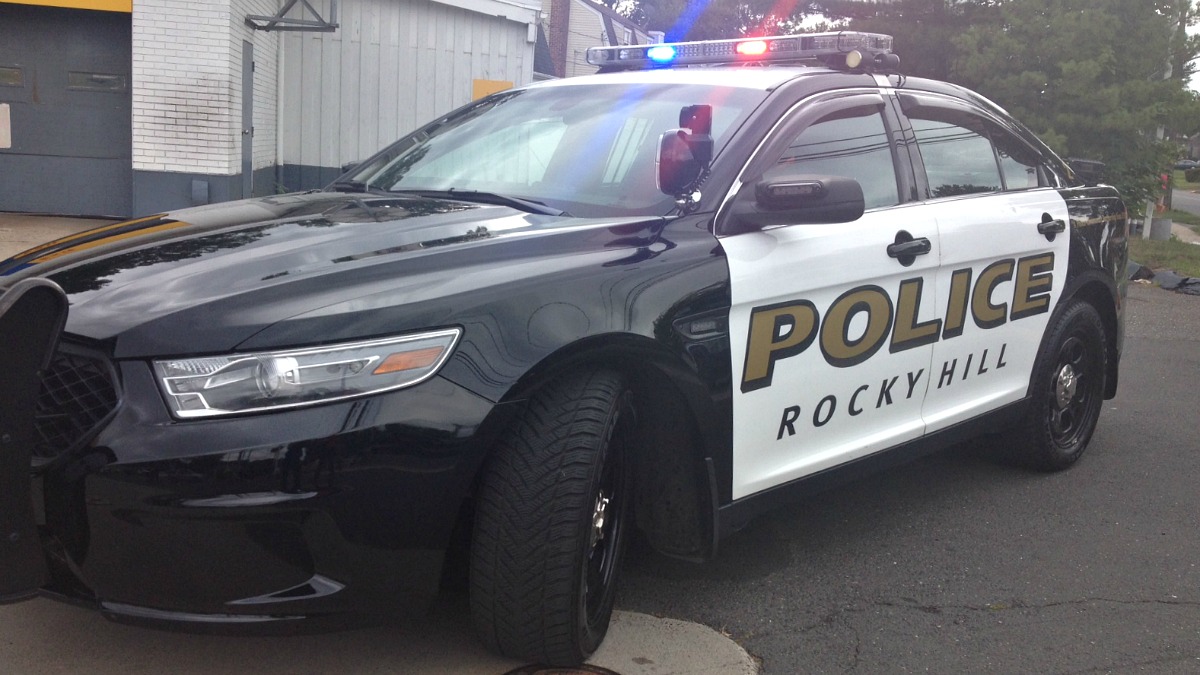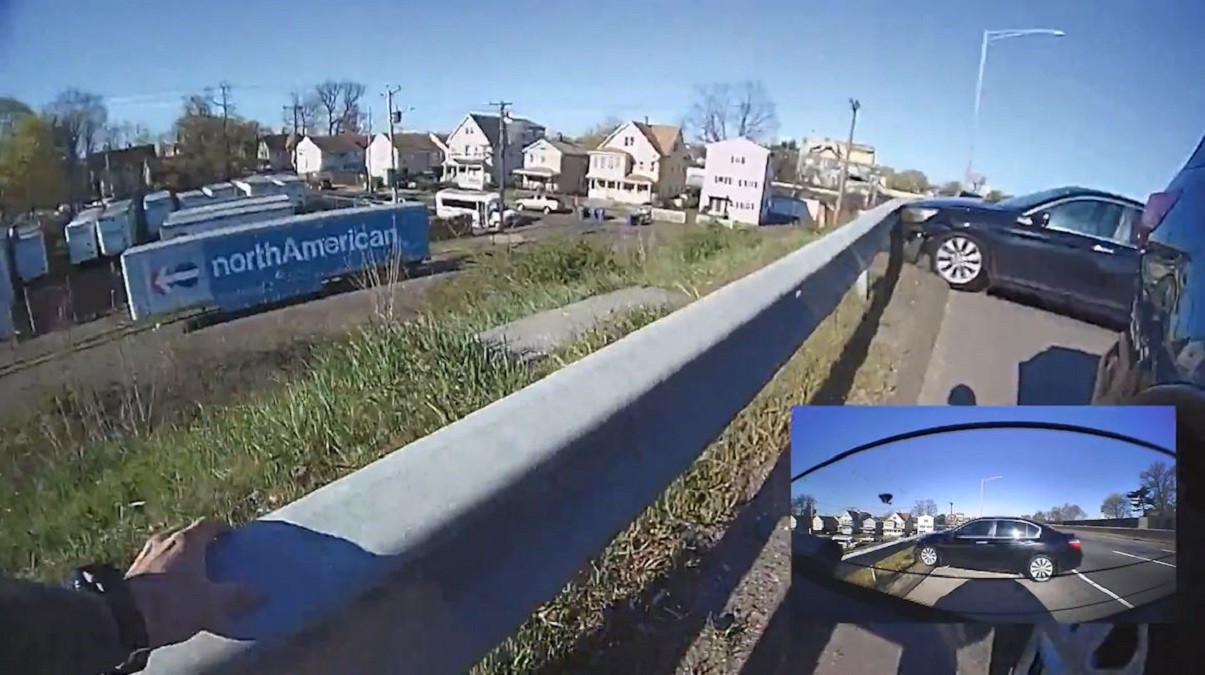For the past 20 years, crime in New Haven has been a consistent problem, but Mayor John DeStefano says the kind of crime they're facing has changed.
“Twenty years ago, a lot of it came from hierarchical, organized drug gangs dealing with crack," said DeStefano. "Now, it’s almost more casual it seems. It tends to be over boy-girl stuff, respect stuff. We’ve seen issues out of these clubs now."
DeStefano said people tend to resort to violence more quickly than they would have 20 years ago, and now their weapon of choice is usually a handgun.
“Unfortunately, it affects largely the African American community; it’s largely male," DeStefano said. "You see that it typically involves the re-entry population. People come back."
The way New Haven has dealt with crime has also changed. In the '90s, New Haven relied heavily on its partnerships with the federal government to rid the city of gangs, but after 9/11, those federal resources diminished.
Then in 2007, the state had to step in after two New Haven police officers were arrested for stealing what they thought was drug money.
“When Chief Ortiz left, we had a corruption problem in the department, in the narcotics unit, which required us to dismantle the narcotics unit, basically rely on the state, which came at a cost," said DeStefano. "I think as a result of that, there was increased violence in the city.”
Local
DeStefano said the city needed to reset the police department and looked to an outside agency to find its next chief. A few were brought in, and temporarily ran the department, before DeStefano approached current Chief Dean Esserman in 2011. At the time there was question over his selection because Esserman had resigned from his post as chief in Providence, R.I., after controversy there.
“In a lot of ways, Chief Esserman was going back to something that was done well here 20 years ago in policing, and I think he’s been a positive, actually stabilizing force, and has been usually positive for the city,” said DeStefano.
Esserman had his work cut out for him with 34 homicides that year.
“In 2011, when he recruited me at the end of that year, we were coming off of a very hard year in New Haven, which ironically had the identical number of murders as 20 years ago in 1991 when I was recruited here from New York City to be an assistant chief,” said Esserman.
He immediately implemented community policing where officers walk the beat to build relationships in the community and earn the community’s trust.
“We’ve only begun. We have a long way to go," said Esserman. "We’ll make our mistakes along the way, but we’ve enjoyed the remarkable support from our Mayor and our Board of Aldermen.”
So far, community policing seems to be working. Violent crime statistics are down, but homicides are still a problem. Esserman said most of the violence is not random, but New Haven has had its share of tragedies during which innocent people died.
“Statistics and numbers are one thing, but to me, they’re stories and names," Esserman said. "I know them."
The challenge for police is to continue their progress. Longtime community activist Rev. Scott Marks said he’s seen a positive change in a short amount of time.
“What we have to do is build the respect and the trust for officers to the community, and community to the officers so people feel safe when they step forward to come out with the truth,” said Marks.



